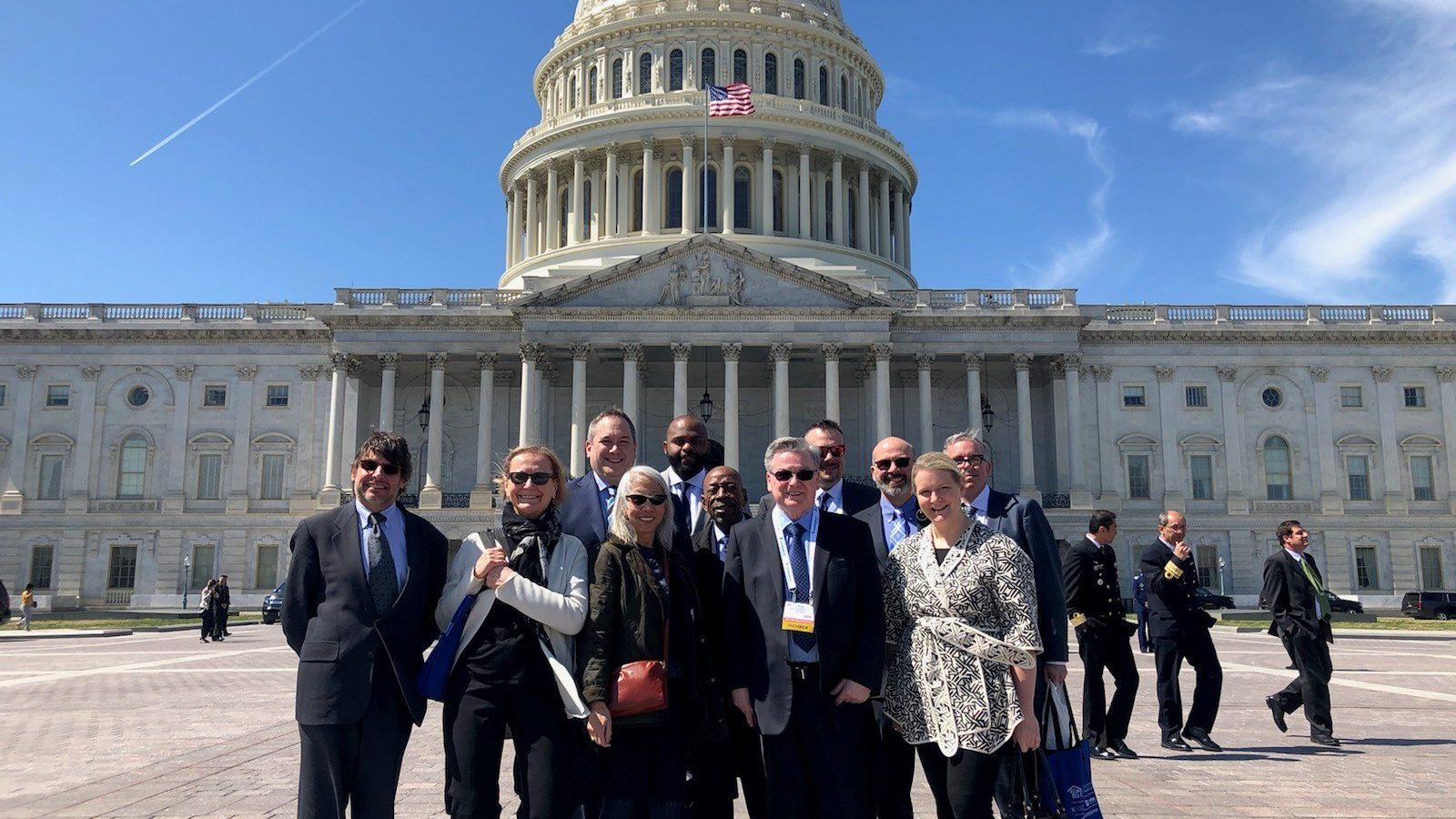News | Announcement, Community
Community Health Centers Are Old and New, Solving Old and New Problems by Brian P. McIndoe

“Everything old is new again.” It’s a song, it’s a cliché, and it’s the success story of community health centers in the ongoing debate over the American health care system. Unfortunately, success doesn’t necessarily guarantee support, which is why Ryan Health and hundreds of other federally qualified health centers have been on Capitol Hill in Washington recently making our case.
Here’s the backup on the success claim: Throughout New York State, costs are 24 percent lower for federally qualified health centers Medicaid patients, saving the Medicaid system $2.5 billion. We all benefit when New Yorkers have access to care and manage their health — costs are lower, and people live longer and better lives.
Ryan Health is named after the congressman and activist William F. Ryan, who in the late 1960s was one of the first to articulate that “health care is a right, not a privilege.” Since then, and especially in recent years, that outlook has become the rallying cry for improving our health care system to provide affordable, accessible care to all. The federally qualified health centers that operate in New York have long been advocates for that outlook.
The United States is the only industrialized nation in the world without universal access to health care, and that burden is weighing heavier and heavier on our people. New Yorkers contend with an outrageous cost of living and other daily challenges unique to our city. Access to health care should not be one of them.
For over 50 years, federally qualified health centers have been welcoming individuals to our centers. We’re on the front lines of health care for tens of thousands of New Yorkers, for many their first resort and for others their last. We do not turn anyone away, regardless of their ability to pay — we offer a sliding fee scale based on family size and income. The result is that we keep our patients healthier and even help them to manage complex diseases.
For example, our intensive diabetes management program starts with counseling, to teach our patients how to live a healthy lifestyle, which can minimize the effects or even avoid the onset of diabetes altogether. We empower them to self-manage their diagnosis, to understand how diabetes works, monitor their own blood sugar levels, and take the proper dosage of insulin. Because diabetes affects so much of the body, we connect our patients with podiatrists, endocrinologists, ophthalmologists and dentists. Our holistic approach improves health and decreases costs.
Like Ryan Health, many federally qualified health centers provide a full range of services including primary care for adults and children, behavioral health, women’s health, HIV/AIDS prevention and treatment, and many specialty services. We take the lead on emerging crises, like HIV/AIDS care in the 1980s and 1990s, and now the opioid crisis, which is responsible for the deaths of nearly 1,500 New Yorkers last year and has lowered U.S. life expectancy for the first time since World War I.
That’s the message we’ve been giving Washington, and the picture we paint for elected officials and staff on Capitol Hill, who need to be aware of the impact federally qualified health centers have in their districts. But while we’re forward-thinking and creative, we also come with a price tag. We save communities money but are providing more services that come with increasing costs.
In order to provide stability for our patients and to prepare for the next unexpected health epidemic, federally qualified health centers are requesting a five-year funding bill, instead of the two-year package we received when our last round of funding expired in 2017. Stability in our funding allows better planning and affords us the opportunity to contend with uncertainties resulting from the ongoing battle over the Affordable Care Act, which has faced multiple repeal efforts and suffered structural sabotage in attempts to undermine it.
There are three different bipartisan bills on the Hill that would extend appropriations for the Community Health Center Fund for five years. Two of the bills include increases in funding to expand the work of community health centers. We urge our members to co-sponsor at least one piece of legislation to extend long-term and stable funding of the CHCF and pass the legislation before the end of the fiscal year in September.
We all recognize and admit the U.S. health care system needs help. But it’s not necessary to reinvent the wheel. Federally qualified health centers have been providing quality, affordable care to anyone who walks through our doors for years. And that’s what we want to keep doing.
Brian P. McIndoe is president and chief executive of Ryan Health, a federally qualified health center with 18 sites throughout Manhattan. He is also board treasurer of the Community Health Care Association of New York State.